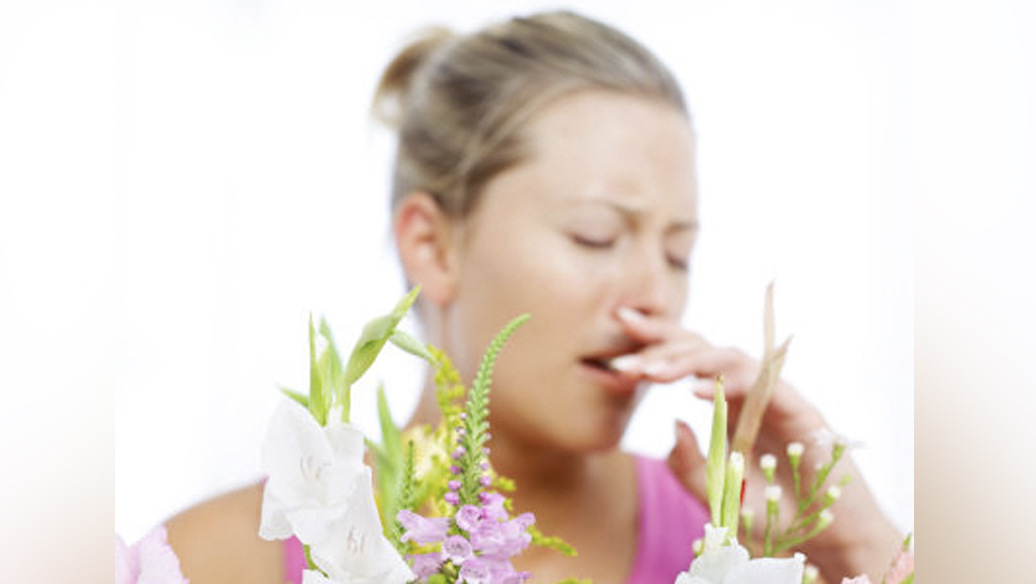[tm_pb_section admin_label=”section”][tm_pb_row admin_label=”Row”][tm_pb_column type=”4_4″][tm_pb_divider admin_label=”Divider” color=”#ffffff” show_divider=”off” height=”50″ height_last_edited=”on|phone” divider_style=”solid”] [/tm_pb_divider][tm_pb_text admin_label=”Text” text_orientation=”justified” use_border_color=”off” border_color=”#ffffff” border_style=”solid”]
ZDr. Rachel Schreiber, an allergist with Adventist Healthcare Shady Grove Medical Center, says that the cooler April weather has resulted in a lower pollen count this spring, as folks prepare for warmer temperatures in the next few days.
“For the first year in recent history, I’m going to say the pollen counts are lower than they are usually,” Schreiber told WTOP.
“We really need a few things to release that pollen. We need warmth; we need sunshine; we need wind and a little moisture in the ground. And we’ve had some of that, but we really haven’t had those warmer temperatures, and so that’s what has kept the pollination down this spring,” she said.
Schreiber encourages those who do suffer from allergies to take precautions as warmer weather approaches.
She suggests fighting the urge to keep the doors and windows open, as that could be inviting unwanted allergens.
“Then the pollen flies in your house and now you really don’t have any escape,” Schreiber said. “You’ve got pollen outside, you’ve gotten pollen inside, so I really encourage people to shut their windows during the spring allergy season if they have spring pollen allergies.”
In addition to keeping your house safe from pollen, she suggests wearing a surgical mask, a baseball cap and/or sunglasses if you need to be outside mowing the lawn, or find yourself in a high pollen area.
“That way the pollen lands on your baseball cap and not on your hair or not in your airways or not on your eyeballs,” Schreiber said. “So anything that you can do to make a physical barrier between you and the outside world could be helpful.”
And if you don’t have allergies now, don’t consider yourself safe. Schreiber said that you’re never out of the woods completely.
“It can happen in childhood, in adulthood,” she said. “We know there is a genetic predisposition to developing allergies, and then an environmental trigger. We don’t exactly know what that trigger is, but allergies can happen at any time.”
Source: WTOP
[/tm_pb_text][/tm_pb_column][/tm_pb_row][tm_pb_row admin_label=”row”][tm_pb_column type=”4_4″][tm_pb_divider admin_label=”Divider” color=”#ffffff” show_divider=”off” height=”20″ height_last_edited=”on|phone” divider_style=”solid”] [/tm_pb_divider][/tm_pb_column][/tm_pb_row][/tm_pb_section]

